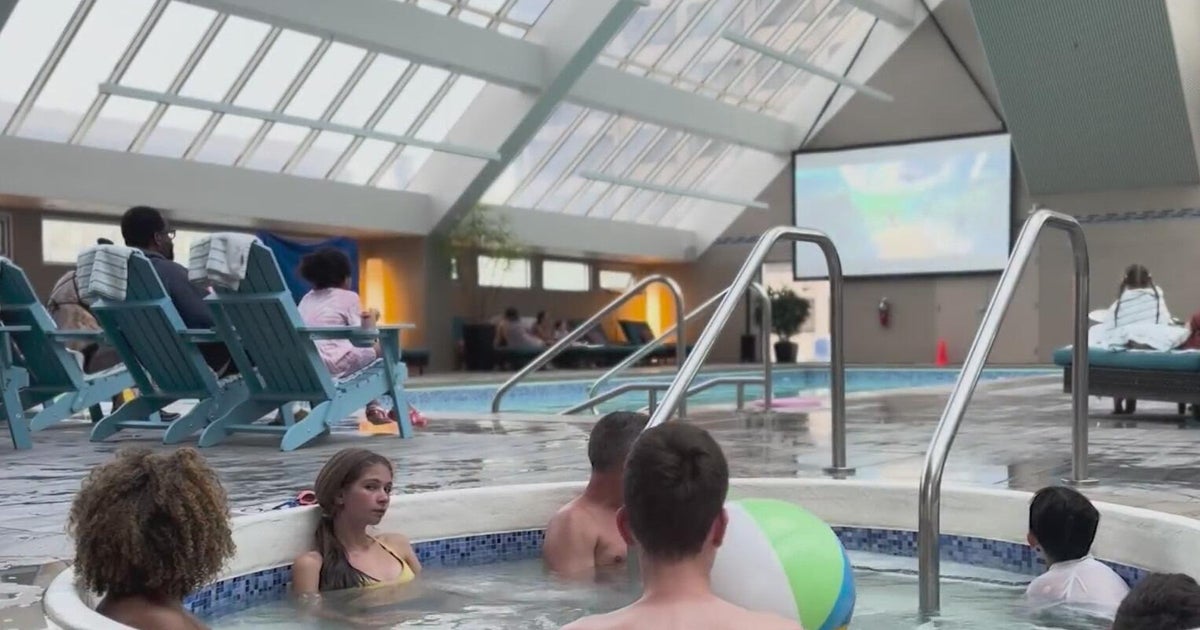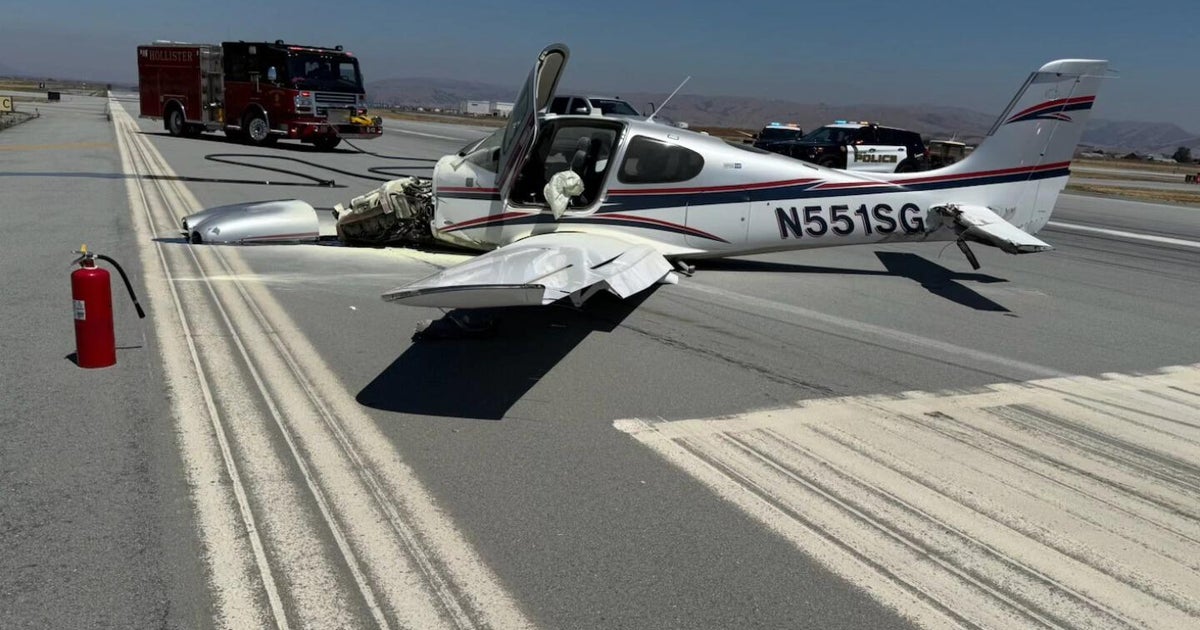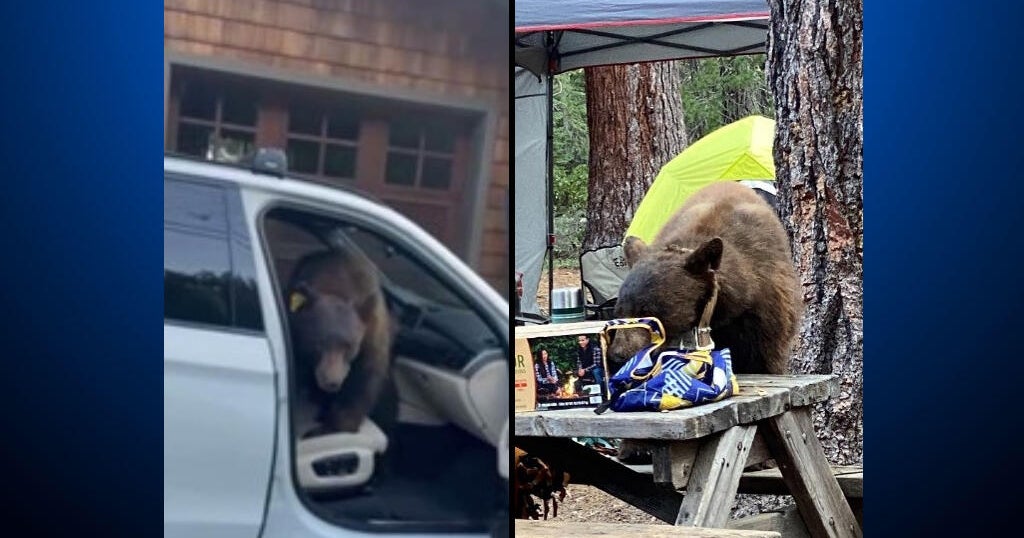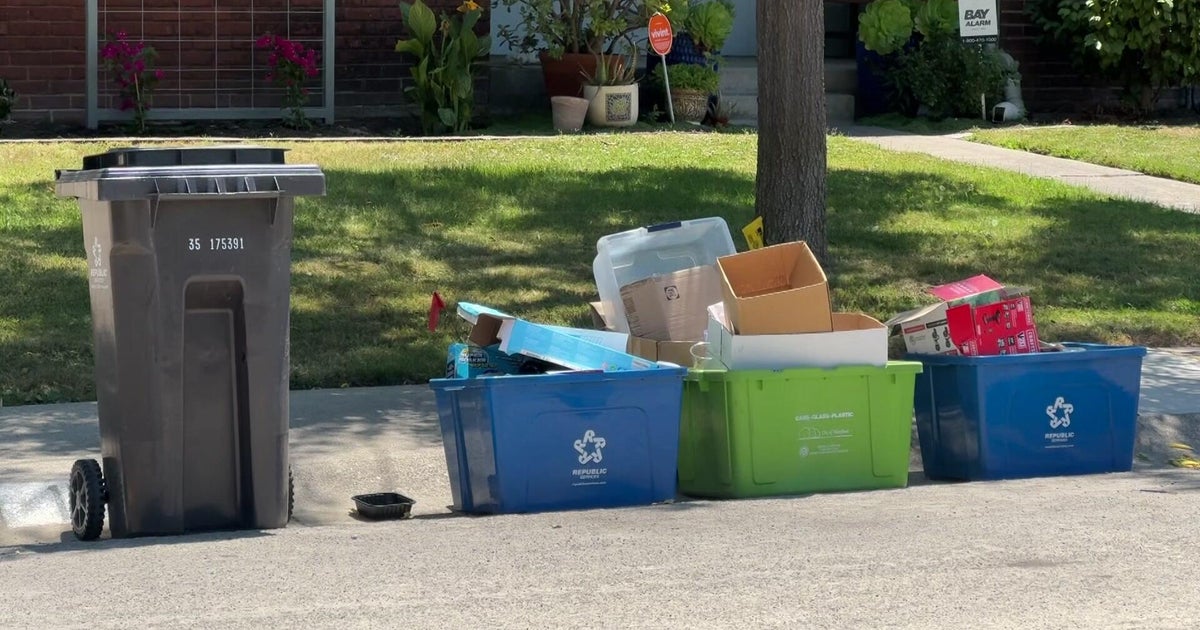Government To Allow Drones For TV, Movie Production; Other Industries May Follow Suit
WASHINGTON (AP) — The government plans to announce Thursday that it is granting permits to seven movie and television production companies to use drones for filming, an important step toward greater use of the technology by commercial operators, said attorneys and a company official familiar with the decision.
Dozens of other industries are lined up to follow Hollywood's lead. Until now, the Federal Aviation Administration has banned commercial drone operations with the exception of a lone oil company in Alaska.
However, the FAA permits are expected to come with limitations, including that the unmanned aircraft be used only on closed sets and that they be operated by a three or four person team, including a trained drone operator. Reality television shows or other unscripted events won't qualify under the permits.
The FAA is under intense pressure from Congress and a plethora of industries that want to use the technology or sell it to others to relax the commercial drone ban. Companies want to use drones to monitor pipelines, inspect the undersides of oil platforms and bridges, and spray crops. Amazon and Google want to use them to deliver packages. Wedding videographers, real estate agents, journalists and other many others are clamoring to use them as well.
The only previous FAA permit for commercial drone operations was granted to the Conoco Phillips oil company, which has flown two kinds of unmanned aircraft in unpopulated areas of Alaska and over the Arctic Ocean with significant limitations on their use.
But the commercial drone ban is being undermined daily. A wide array of operators see no harm in flying small, lightweight drones, often no bigger than a backpack, despite FAA warnings that if not carefully controlled they could collide with manned aircraft or injure people on the ground. Even a congressman who is a member of the House committee that oversees the FAA, Rep. Sean Patrick Maloney, D-N.Y., hired a photographer to produce a video of his wedding using a camera mounted on a small drone.
The seven movie and television companies are regarded as trailblazers, the first of many industries that could be approved in coming months for drone operations under limited circumstances.
"The floodgates will open, and we'll see all kinds of other entities looking to use these things," said Lisa Ellman, an attorney with McKenna, Long & Aldridge who formerly headed the Justice Department's working group on drone policy
But Brendan Schulman, a New York attorney who represents several drone operators and interest groups that have challenged the FAA's drone restrictions, said he is concerned that limitations attached to the drone permits may be so onerous that the benefits of using the drones will be outweighed by the cost and the headache of complying with regulations.
"I'm worried that it's too small a step forward and it's too narrowly limited," he said.
In 2012, Congress directed the FAA to safely integrate drones of all sizes, from high-flying Global Hawks to small quadrocopters weighing no more than a few pounds, into the national airspace. But the agency has missed several milestones and isn't expected to meet Congress' deadline of October 2015 for full integration.
In November, the agency is expected to unveil a proposal for rules commercial operators generally can follow to fly drones weighing 55 pounds or less. But it could be months to years before the rules are made final.
The seven production companies — Aerial MOB LLC, Astraeus Aerial, Flying-Cam Inc., HeliVideo Productions LLC, Pictorvision Inc., Vortex Aerial and Snaproll Media LLC — have been working with the Motion Picture Association of America for two years to win FAA approval.
Tony Carmean, a partner in Aerial MOB of San Diego, predicted drones will fundamentally change moviemaking, providing directors with the ability to get shots they could never get before and making films more dynamic. Small drones with video cameras will be able to fly through a building and in and out of windows, for example, he said.
Major movie studios "want their hands on this right away," but have held off using the technology until the FAA gives the go-ahead, he said.
© Copyright 2014 The Associated Press. All Rights Reserved. This material may not be published, broadcast, rewritten or redistributed.



